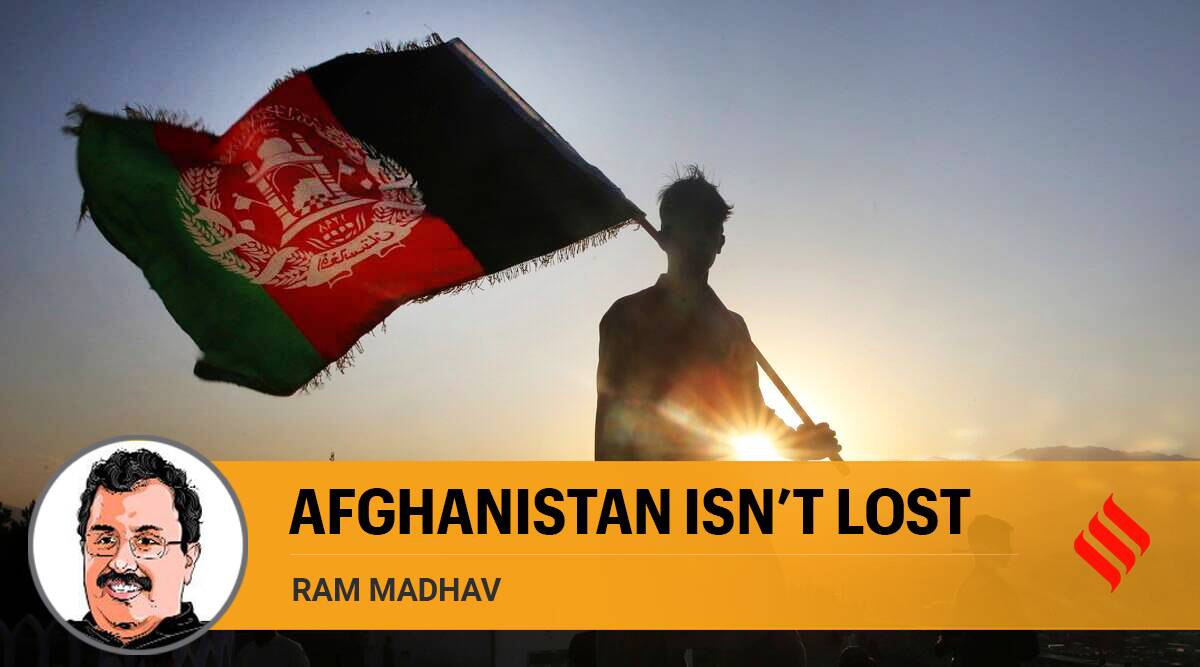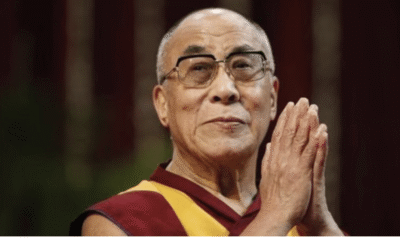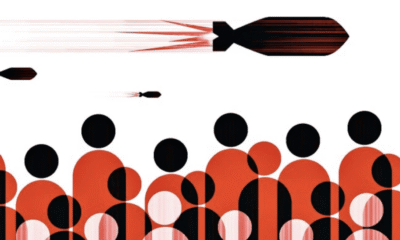
|
Getting your Trinity Audio player ready...
|
The Taliban may appear powerful today but their greatest weakness is that the Afghans, including a majority of Pashtuns, are not with them. They remember the cruel Taliban rule in 1996-2001 when women were subjected to inhuman atrocities, the country’s cultural heritage like the Bamiyan Buddhas was destroyed, music was banned and political opponents and minorities were systematically massacred. They also witnessed the false bravado of the Taliban when they ran helter-skelter in no time once NATO forces descended on Afghanistan after 9/11. No one in Afghanistan mourned their fall. Instead, people enjoyed freedom and democracy and continued to oppose the obscurantist and violent Taliban. One of the last legitimate surveys conducted in 2019 put the popular support for the Taliban at 15 per cent.
Yet, they are back in Kabul today and there are two important reasons for this: The shortsightedness of the US and its allies; and the dubious role of Pakistan.
The cynical “good enough” terrorism approach guided the US from October 2001, when President George Bush declared a “war on terror”. The US succeeded in reducing al Qaeda and ISIS to pale shadows of their original selves. While going after Osama bin Laden in the caves and mountains of Afghanistan, the CIA and American forces had learnt to manage the Taliban — who were hiding in the South or the unruly borderlands with Pakistan — through dollars and other lollipops.
Once Bin Laden was eliminated in 2011, the US leadership was convinced that the al Qaeda threat was over. In 2013, President Barack Obama announced his intention to pull out US forces from Afghanistan. His successors, Donald Trump and Joe Biden, stuck to that line, although the deadlines kept changing. When the moment finally came, it was exit America and re-enter the Taliban.
The Taliban’s regrouping began soon after Obama announced the withdrawal. While the leaders in the government in Kabul were busy fighting with each other and hoping in vain that the US would never abandon them, leaders in Rawalpindi (General Headquarters of Pakistan Army) and Islamabad (Headquarters of ISI) were busy pumping in resources — both human and material — into the Taliban’s coffers.
Pakistanis in border areas watched in dismay as columns after columns of their army regulars and cadres of terror outfits crossed over to Afghanistan over several years. While the leadership of the Taliban remains Pashtun, there is no reason to believe that the cadre is fully Afghan. Reports indicate that in Kabul, people come across many Punjabi and Urdu speaking Taliban. There were also recent reports of Jaish-e-Mohammad and Lashkar-e-Toiba cadres receiving a grand welcome in Pak-occupied Kashmir on their return from Afghanistan.
It was Pakistan’s forces and weapons that helped the Taliban capture Kabul. The collapse and surrender of a majority of the Afghan National Defense and Security Forces (ANDSF) were also due to Pakistan’s intervention at every stage. The ANDSF had 160 aircraft left behind by the Americans out of which some 100 aircraft were said to be grounded due to lack of spare parts. The ANDSF could have protected Kabul using the remaining airpower, but for Pakistan’s threat to use its air force against them.
There are a few important lessons for India and other countries. There is no reason to believe that the victory of Pakistan’s proxy is final. The indomitable Panjshir Valley is still out of bounds for the Taliban. Thousands of ANDSF soldiers, who refused to surrender to the Taliban, regrouped in the naturally-fortified Valley under the leadership of Ahmed Masood, son of the “Lion of Panjshir” Ahmed Shah Masood. Masood Junior may not be as capable a warlord as his father — he lived mostly in London and studied at Kings College. But he has the company of an able and spirited leader, Amrullah Saleh.
Saleh, who was vice president in the Ashraf Ghani government, declared himself as the President of the Islamic Republic of Afghanistan after Ghani’s cowardly retreat. He has vowed to fight back against the Taliban. Saleh is a veteran of the Northern Alliance of Masood and Dostum in the 1990s. Saleh and Masood Junior enjoy the support of the Tajiks, Hazaras and a section of the Pashtuns. The Pakistanis love to perpetuate a myth about Afghanistan — that it cannot be ruled through democratic institutions. But Afghans were happy under a democratic dispensation in the last two decades. The Northern Alliance leadership had always openly supported democracy. The Saleh-Masood duo is capable of restoring it for the people of Afghanistan.
The Panjshir Valley, controlled by Tajik warlords, was never conquered by the Taliban. But Saleh and Masood face one major challenge. In the past, the Badakhshan province, north of Panjshir, was also under the control of the Northern Alliance. Now, the resistance forces are landlocked with Badakhshan under Taliban control. Access to Tajikistan, across Amu Dariya River through Badakhshan, is critical to their success.
The Panjshir-based resistance forces need international support in the light of Pakistan’s blatant interference and warnings to them for compromise. While Imran Khan continues with his pretence in the National Assembly, his army and the ISI are actively engaged in helping the Taliban overcome local resistance.
India has played a reticent role in Afghanistan, confined to humanitarian assistance. The result is its exclusion at all the fora that decided the destiny of that nation. It should recalibrate its position and be seen as an important stakeholder along with China, Russia, Iran and the US. With its vast experience in dealing with Pakistan’s irregular warfare, India can effectively help other powers in checkmating it and assisting resistance forces. In a way, India has this responsibility because the Afghans have enormous goodwill for it. The physical border that it shares with Afghanistan, under the illegal occupation of Pakistan, also mandates this for its own security.
(The article was originally published by Indian Express on September 3, 2021. Views expressed are personal.)




Very informative
Good analysis
What intelligentsia putting on record after 2013,after Obama made it clear,US stand??